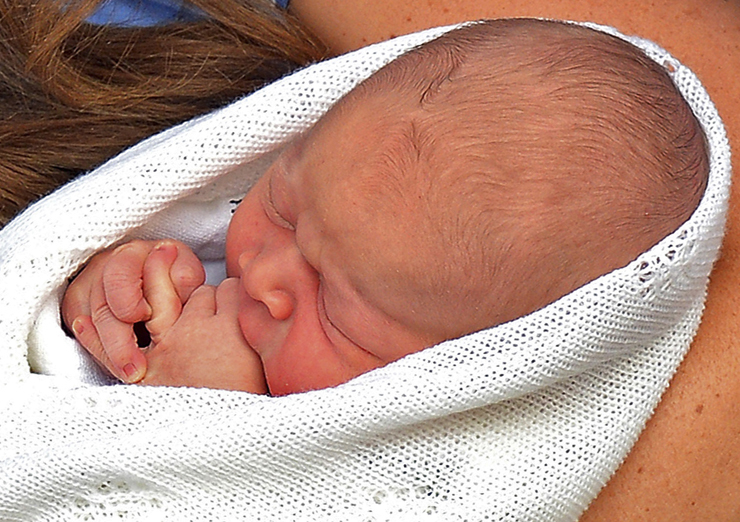The Canada Child Benefit (CCB) will help cash-strapped families, especially lower-income ones. But the amounts of money involved aren’t enough to affect major decisions around jobs and childbearing, economists say.

“People aren’t making $50,000 on the CCB. They’re making $6,000. You don’t stop working for $6,000,” said David Macdonald, senior economist at the Canadian Centre for Policy Alternatives.
The CCB is more likely to affect employment decisions for low-income households, says University of Ottawa economist Miles Corak.
“Where we expect the biggest changes to be will be at the lower end of the income distribution,” he said. “There will be more of an impact on single-parent households, if anything leaning toward dropping out of the labour market.”
READ MORE: Here’s everything you need to know about the new Canada Child Benefit
On the other hand, the CCB could provide the seed money for a low-income parent who wants to work and can’t, by providing a way of paying for child care.
“There is a fixed cost of getting into the labour market. That would happen more at the lower end of the income distribution ladder – people making less than $30,000.”

Prime Minister Justin Trudeau spoke about the Canada Child Benefit that launched on Wednesday, and said that the credit is expected to help remove 300,000 Canadian children out of poverty.
Funnelling money to low-income families is an efficient way of stimulating the economy, Macdonald said:
“For the folks at the low end that receive this benefit, they’re more likely to spend it immediately. Middle-income families will make more money. It’s more likely for that money to find its way into savings or debt payments, and less likely to find its way into the economy itself.”
“It’s quite beneficial for low-income families – it will reduce child poverty rates in a measurable way.”
The more generous program isn’t likely to change decisions about whether to have children in the first place, Corak says.
“It helps to reduce the stress on the household, and maybe that may move people in the direction of having another child,” he said. “But how government policy affects birth rates more is the design of the maternity and parental leave system and EI, where people are timing births around eligibility, but maybe not changing the overall number of births.”
In 1997, Quebec abandoned a program that offered financial incentives for childbearing on the basis that it wasn’t working. Ironically, papers written after the decision argued that it did seem to have had an effect, especially on low-income families considering a third child.
Quebec’s grant for a third child came to $8,000 in 1988, equivalent to about $14,500 now. Under the new CCB, a household that made about $53,000 and which had a baby this month would receive about that much by the time the child was three, and twice as much by the time she was six.


Comments